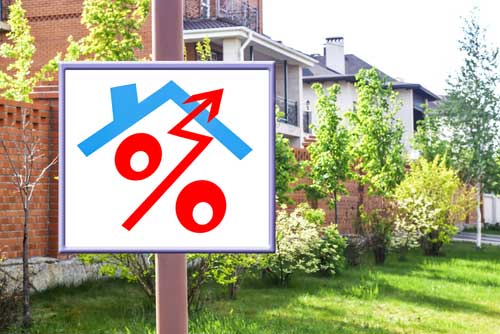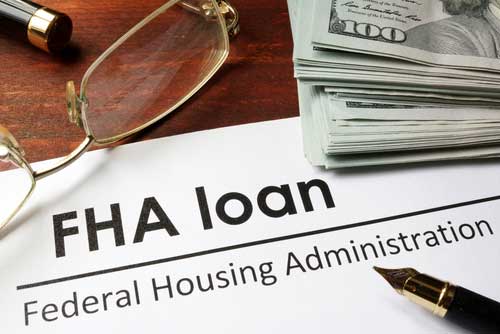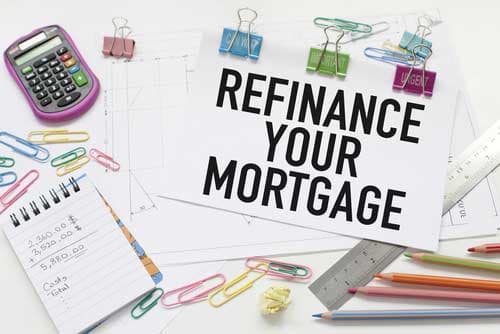Compare The Best Mortgage Rates in Cedarville, CA

Compare Cedarville, CA Mortgage Rates
It's always important to find the best rates possible for a mortgage when you're looking into buying a home or planning to refinance. With MyRatePlan's unique system, helping you find some of the best home loans is pretty simple. MyRatePlan will give you the tools and data you must make an informed choice about mortgages, every single time. Once you're able to compare rates for various mortgage in Cedarville, CA side by side, you can be more certain of not overpaying in the long run after you purchase that new home.

Finding the Best Mortgage Rates in Cedarville, CA
Most of the population does not have enough cash on hand to buy a house outright. A loan is most likely one of the first priorities when one is looking to purchase their house in Cedarville, CA. Even houses that start at $50,000 will require being approved for a loan for most people. You'll want to know exactly what you will need in order to get a home loan and what types of issues will influence the interest rate you are given. Since you want the lowest interest rate possible, make sure you shop around for the best option.
So how do you make sure you get the lowest interest rate on the market yet still land the house of your dreams? Let's take a look at how to do it. Many real estate agents will provide you with preferred lenders that he or she has done business with before after you find a home that you are interested in. It may sound like the easy way out but many times it isn't. Some real estate agents simply want to move the house as quickly as possible. This may mean the lenders they refer you to may have higher interest rates but will approve you quicker. You may want to get your house quickly, but don't get pushed into a lender that offers only high-interest rates just to save a few weeks. No matter what company you use, check their rates out online to make sure you are comparing every little detail. Using MyRatePlan's mortgage rate tool is the best place to start when you want the lowest interest rate possible.

What Types of Mortgages Borrowers Can Get in Cedarville, CA
The home loan marketplace includes a variety of loan products to appeal to the needs of different buyers, including fixed-rate home loans and variable home loans. As it's important to know how those two types of loans work, they're explained below.
A fixed-rate mortgage in Cedarville, CA gets its name because the interest rate stays fixed at one percentage for the full term length of the loan, regardless of whether the loan lasts five years, 10 years or 30 years. With the interest rate staying the same, the monthly payment also stays the same, which makes it easy for the borrower to set their budget and know how much their home payment is going to be.
An adjustable-rate mortgage (ARM) in Cedarville, CA has an interest rate that changes on a set time frequency. For example, the interest rate could adjust with the market every year. There are also hybrid ARMs which start out as fixed-rate home loans for a predetermined period of time, and then transition to ARMs for the remainder of the loan term. For example, a 7/2 ARM would have a fixed interest rate for the first seven years, and after that, the interest rate would adjust every two years. The difficulty with ARMs and hybrid ARMs is that the interest rate can go up and leave the borrower with a larger home payment, potentially stretching their budget to its limit.

Cedarville, CA FHA Home Loans
There's more to the buyer's choice than a fixed-rate mortgage or an ARM. The buyer also needs to figure out if they want to go with a mortgage that's insured by the government, including a FHA or a VA, or stick with the more conventional type of loan, which doesn't have any insurance or guarantee from the federal government. When it comes to government-backed mortgages in Cedarville, CA, there are three options, which are FHA Loans, USDA Loans and VA Loans.
FHA loans are a popular option, and they're available through the Federal Housing Administration's mortgage insurance program. The federal government's Department of Housing and Urban Development (HUD) handles this program. One major benefit of FHA loans is that just about any type of borrower can be eligible, as they're not only available to people who are purchasing a home for the first time. The way the loan works is that the government is providing insurance for the lender against any losses that could occur if the buyer defaults on their mortgage. For the buyer, one perk of an FHA loan is that they don't need to have as much of a down payment saved, because the down payment could be as little as 3.5 percent of the home's price. Typical down payments are between 10 and 20 percent. The drawback with FHA loans for the borrower is that they're also responsible for paying for mortgage insurance, and this means larger monthly payments.

Refinancing Mortgages in Cedarville, CA
In Cedarville, CA, refinancing a mortgage loan is like applying for a new one. The end result of this is that one may have to pay closing costs or any other fees required. This is, however, done when the loan is approved. If one seeks to refinance for the sake of enjoying lower rates, they should carefully consider the consequences of refinancing. The extra costs may offset some savings that one sees from refinancing. The exception to this rule is when one is refinancing from an adjustable rate loan to a fixed-rate loan. The reasoning is that the rates are more likely to go up in the future rather than going down.
Appearing as low-risk is the best strategy for those looking to refinance their mortgage. This can be achieved by keeping one's credit score above 700, keeping one's debt-to-income ratio low, and applying for a fixed-rate loan facility.
Compare The Best Mortgage Rates in
Find Other Services in Cedarville, CA
ZIP Codes in Cedarville, CA
- 96104


 Menu
Menu